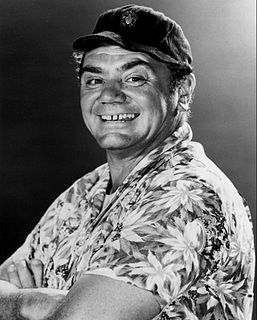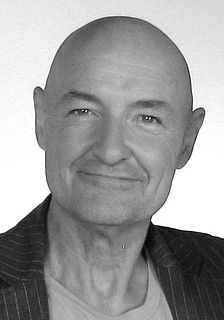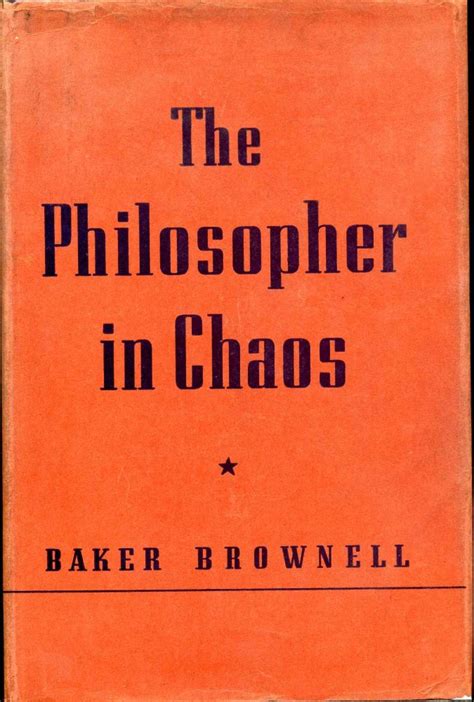A Quote by Urie Bronfenbrenner
Like the sorcerer of old, the television set casts its magic spell, freezing speech and action and turning the living into silent statues so long as the enchantment lasts. The primary danger of the television screen lies not so much in the behavior it produces as the behavior it prevents — the talks, the games, the family festivities and arguments.
Related Quotes
I have quite a bit of experience reporting on corporate behavior, both doing it with independent operations in early in my career, in the underground press, to magazines like 'Rolling Stone,' to regional newspapers and television, and television news programs, to papers like the 'New York Times' and public television.
This is the kind of upbringing we had instead of sitting in front of a damn television set all day long and never answering to anybody else unless somebody spoke up from a television set. It's an altogether different way of living today that you wonder how it really affects the family? I know how it affects the family because I have my own son who has his children and also my daughter. It's one of those things. Everybody eats in their own way and off they go. You know? It's not family oriented anymore."
There is danger in the concentration of control in the television and radio networks, especially in the large television and radio stations; danger in the concentration of ownership in the press...and danger in the increasing concentration of selection by book publishers and reviewers and by the producers of radio and television programs.
I think the part of media that romanticizes criminal behavior, things that a person will say against women, profanity, being gangster, having multiple children with multiple men and women and not wanting to is prevalent. When you look at the majority of shows on television they placate that kind of behavior.
Art arises in those strange complexities of action that are called human beings. It is a kind of human behavior. As such it is not magic, except as human beings are magical. Nor is it concerned in absolutes, eternities, "forms," beyond those that may reside in the context of the human being and be subject to his vicissitudes. Art is not an inner state of consciousness, whatever that may mean. Neither is it essentially a supreme form of communication. Art is human behavior, and its values are contained in human behavior.
Television is our culture's principal mode of knowing about itself. Therefore -- and this is the critical point -- how television stages the world becomes the model for how the world is properly to be staged. It is not merely that on the television screen entertainment is the metaphor for all discourse. It is that off the screen the same metaphor prevails. (92)
The measure of (mental) health is flexibility (not comparison to some 'norm'), the freedom to learn from experience ... to be influenced by reasonable arguments ... and the appeal to the emotions ... and especially the freedom to cease when sated. The essence of illness is the freezing of behavior into unalterable and insatiable patterns.




































